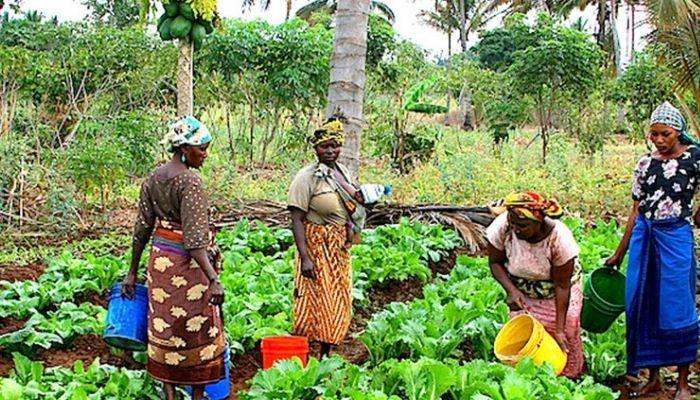The Minister of Women Affairs and Social Development, Sulaiman-Ibrahim, has raised concern that women earn only 30 percent of agricultural income, even though they contribute heavily to Nigeria’s farming sector.
She made this statement in Abuja on Wednesday during a National Workshop on Agro-value chain capacity building, organized by the Federal Ministry of Women Affairs in partnership with the Organization of Islamic Cooperation.
The minister explained that women make up the majority of the farming workforce and produce most of the food, yet they earn much less. She said women are often excluded from access to farmland and loans because of policies and investments that do not consider gender balance.
“Women form 70% of Nigeria’s agricultural workforce and produce 80% of the food. But they earn 30% less for the same work. Only 10% of women own farmland, and only 10% have access to farming loans,” she lamented.
She said the Tinubu-led government, through the Women Agro Value Expansion Initiative (WAVE), plans to empower 10 million women across the farming value chain. The goal is to make them more productive, competitive, and successful entrepreneurs.
The minister called on all stakeholders to support this plan, stressing that President Bola Tinubu is committed to creating fair policies and systems that will strengthen Nigeria’s agriculture and economy.
The National Programme Manager of WAVE, Abdullah Mohammed, also spoke at the event. He explained that the program is designed to move women from small-scale farmers to successful entrepreneurs, even billionaires, by supporting them with viable projects.
Mohammed said the initiative will target 10 million women in the next five years, putting about ₦10 trillion into their hands. He added that this investment is expected to generate over ₦40 trillion annually.
He explained that the program will work in partnership with the federal government and private sector companies like SMK Farms, Hafaz Farms, and Easy Sales Export, to ensure women receive support across different farming areas.
To make the plan sustainable, Mohammed said women will be given starter kits based on what is suitable in their regions. For example, some will receive support for grain farming, others for poultry, fisheries, or livestock.
He added that beneficiaries will be supported for five years, with reinvestments made at each production cycle, to ensure long-term success.
“The aim is not only to make women wealthy but also to instill a culture of agriculture in Nigerian families, making farming a strong part of everyday life,” Mohammed said.


